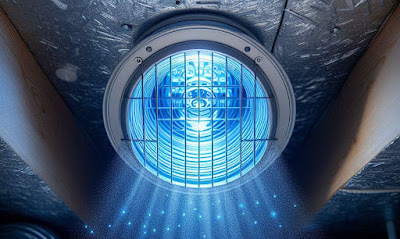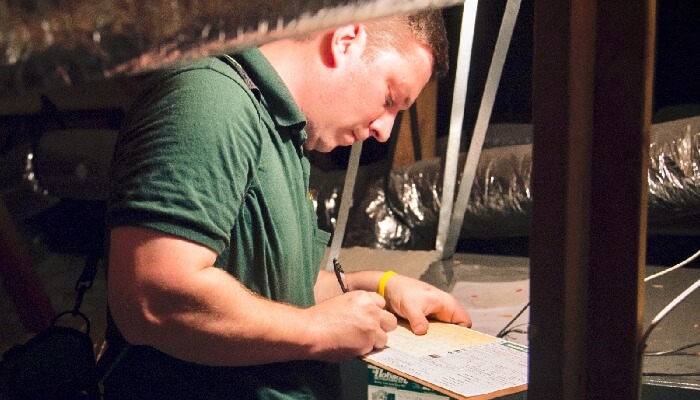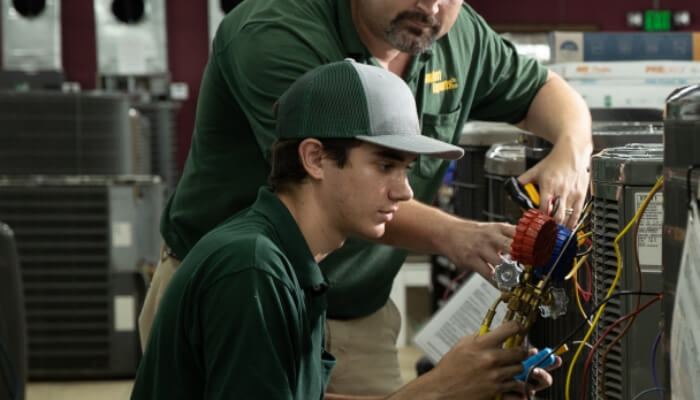Considering Repainting Your Home?... Here's a Summary of Things to Consider!
Let's Start With the Key Reasons for Exterior Repainting
### Visual Reasons to Consider Repainting
Homeowners often repaint to address visible wear from weather, such as peeling paint or staining, which can make a property look neglected. A fresh exterior can highlight architectural details, create a cohesive look with landscaping, and even make the home seem larger using lighter shades. This not only improves first impressions for visitors but can subtly boost neighborhood harmony by blending or standing out appropriately.
### Emotional Reasons to Consider Repainting
Beyond aesthetics, repainting can evoke positive emotions through color choices. For instance, it might provide a "fresh start" after life changes, combating feelings of stagnation or seasonal blues. Engaging in the process itself can offer a therapeutic sense of control and creativity, leading to reduced anxiety and heightened satisfaction when arriving home. Evidence from color psychology indicates that thoughtful hues can promote tranquility or energy, though effects depend on personal and cultural contexts.
### Role of Color Psychology
Colors play a key role in both visual and emotional impacts. Warm tones like yellow or orange may energize and welcome, while cool blues and greens often soothe. Neutrals provide balance, offering timeless appeal. Homeowners might repaint to align their exterior with desired moods, such as creating a calming retreat in busy areas.
---
Repainting the exterior of a home is a typical home improvement project that goes beyond mere maintenance, offering significant visual enhancements and emotional benefits that can profoundly affect how residents and visitors perceive and interact with the space. While practical reasons, such as protection against weather damage, are essential, the focus here is on the aesthetic and psychological dimensions, drawing on insights from color psychology and home design. This comprehensive overview explores why homeowners might choose to repaint, supported by examples of color influences and practical considerations.
Visually, repainting serves as an accessible way to revitalize a home's appearance without major renovations. Over time, exposure to sun, rain, and pollutants can cause paint to fade, chip, or peel, resulting in a tired or unkempt look that diminishes curb appeal. A new coat of paint addresses these issues by providing a smooth, uniform surface that highlights the home's architectural features—such as trim, doors, or siding—creating a more polished and cohesive aesthetic. For example, lighter colors like white or beige can make a smaller home appear more spacious and open, while darker shades like gray or navy can add depth and sophistication to larger structures. This visual transformation not only makes the property stand out in the neighborhood but also improves its integration with the surrounding landscapes, such as blending earth tones with natural greenery for a harmonious effect. Homeowners often report that this refreshed look instills a sense of pride, as the home becomes a visual representation of their care and investment. Additionally, strategic color choices can adapt to environmental factors, such as using reflective whites in sunny climates to reduce perceived heat, thereby enhancing overall visual comfort and appeal.
On the emotional side, the act of repainting and the resulting color scheme can have a notable impact on mental well-being. Color psychology suggests that hues influence emotions and behaviors, with exterior colors setting the tone for the entire property. For instance, returning home to a welcoming yellow facade might evoke optimism and energy after a long day, while a serene blue facade might promote relaxation and lower stress levels. This is particularly relevant for homeowners dealing with life transitions, such as moving past a loss or seasonal affective disorder, where a fresh exterior can symbolize renewal and provide an uplifting boost. The process itself—selecting colors, planning, and seeing the transformation—often fosters a sense of accomplishment and control, which can reduce anxiety and enhance personal satisfaction. Moreover, repainting allows for individual expression, enabling homeowners to infuse their personality into the home's outward appearance, whether through bold accents like a red door for confidence or neutral palettes for timeless calm. During periods of heightened home time, such as the pandemic, many turned to repainting to combat emotional flatness, seeking colors that brought joy and vitality to their surroundings.
To illustrate the interplay between colors, visuals, and emotions, consider the following table summarizing standard exterior paint colors, their visual effects, and associated emotional responses based on psychological insights:
This table highlights how color selection is not arbitrary; it's a deliberate choice that can align visual harmony with emotional needs. For example, in cooler climates, warmer tones might emotionally counteract dreariness, while in urban settings, cool neutrals provide a peaceful visual and emotional contrast to the surrounding hustle.
In practice, homeowners considering repainting for these reasons should start by evaluating current colors under different lighting conditions, as shades can shift throughout the day. Testing samples in small areas helps visualize the change, ensuring the new palette complements existing elements such as roofing or brickwork. While not every repaint will dramatically alter emotions, the cumulative effect of improved visuals—such as increased curb appeal and a refreshed facade—often translates to greater daily satisfaction and even subtle mental health benefits, like feeling more empowered in one's space. Ultimately, this project represents an investment in both the home's exterior and the homeowner's inner world, blending beauty with well-being in a way that's both practical and profound.
### Key Citations
- [Best Garner NC Exterior House Painter - Home Painting Raleigh, NC]
- [9 Residential House Painting Can Elevate Home and Mood](https://www.armoredpainting.com/9-residential-house-painting-elevate-mood/)
- [Unexpected Benefits of Painting Your Home's Exterior](https://www.armadillo.one/unexpected-benefits-of-painting-your-homes-exterior/)
- [The Impact Of Color Psychology On Exterior Home Painting Choices](https://wepaintsiding.com/exterior-painting/the-impact-of-color-psychology-on-exterior-home-painting-choices/)
- [The Impact of Color on Mood: Repainting for a Mental Health Boost](https://ipainthomes.com/color-impact-mood-mental-health-painting/)
- [The Psychology of Color in Exterior Painting](https://desertwindspaintandrepair.com/the-psychology-of-color-in-exterior-painting/)
- [13 Benefits of Exterior Painting to Your Home](https://www.koehnpainting.com/commercial-painting/interior-exterior-painting/benefits-of-exterior-painting-home/)
- [The Surprising Ways the Pandemic Changed How We Paint Our Homes](https://www.bhg.com/how-the-pandemic-changed-paint-trends-11731821)














